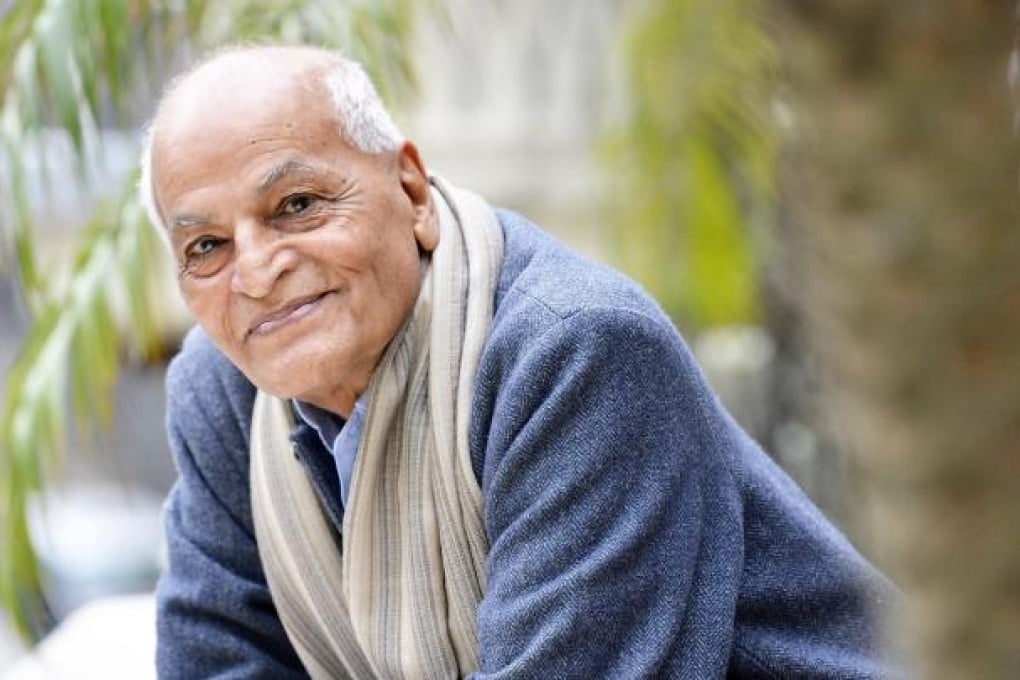My life: Satish Kumar
The peace activist, walker, educator and former monk talks to Fionnuala McHugh about nature and nurture

My first memory is of my father, lying dead, and everyone crying. I was four years old, number eight in the family, the baby. I was so puzzled; I was asking mother why father is not speaking, not moving, and mother said, "All of us who are born, who live, will all die." Later, she took me to see some Jain monks and I asked them, "Could you tell me, is there any way of stopping death?" They said the only way was to renounce the world and become a monk. I wanted to do anything to stop death for everyone: it was a young child's fantasy. So when I was nine, I became a monk. My mother gave her blessing; she was very religious. She had a kind of rooted, peasant wisdom, and a spiritual belief in the soil - in the earth.
The Jain monks of my order had no monastery - they were always on the move, barefoot, with a begging bowl. I was happy until the last year. By then, I'd wandered hundreds of miles from my home in Rajasthan, and I became more curious about the world, including sexuality. When you're 18 and see young women … so when everyone was asleep one night, I ran away. This was quite a shock to my mother and she said, "You cannot come home." I was rejected by the family. So I went to work with Vinoba Bhave, who was the spiritual heir of Mahatma Gandhi. He was the great example of walking: he walked 100,000 miles, all over India, asking people to give him land. In that way, he collected four million acres and distributed it among the landless poor. I enjoyed life, made lots of friends, girlfriends, saw India. No, I did not see the world as full of pain and suffering; the world is as you see it and I saw it as beautiful.
The turning point came when I was 25, in a café in Bangalore, with a friend called E.P. Menon. In the newspaper was a story about Bertrand Russell, the great philosopher of England, being arrested for protesting against nuclear weapons. It was a tremendous shock. I said, "Here is a man of 90 going to jail for peace, what are we young men doing here, drinking coffee?" We came up with this idea of walking to four nuclear capitals - Moscow, Paris, London, Washington - and within an hour, we were so excited. Yes, very impulsive. We went to see Vinoba, and he was most encouraging. He said we must do it with no money. I asked, "Without any money? But sometimes we might need a cup of tea; how will we survive?" Vinoba said not to worry, all will be well. He said, "War begins in fear but peace begins in trust, so if you go in peace, you must trust." He was our guru and we couldn't be dilettante followers, so we said, "All right: no food, no money, for peace."